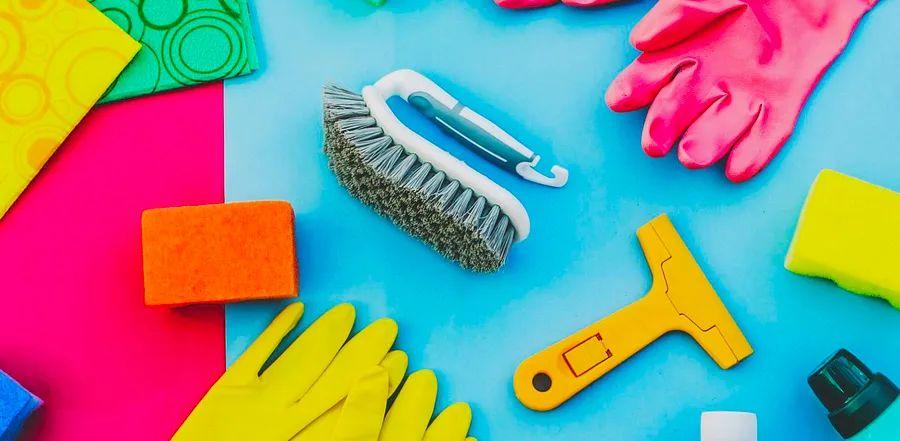The Most Contaminated Item in Your Kitchen, According to Research

In the world of restaurants, health inspectors ensure commercial kitchens are spotless to prevent illness. If you live in a city with a grading system, you're likely familiar with seeing a letter 'A' proudly displayed in the window. But what if we told you your own home kitchen could be the source of foodborne illnesses? According to a study, approximately 9% of reported foodborne illnesses come from home kitchens.
Home kitchens are prime breeding grounds for bacteria. They offer the perfect conditions with moisture, heat, and frequent handling of raw ingredients. While we've all seen tips and tricks for keeping kitchens spotless—including cleaning the very tool you use to do the cleaning, the sponge—there's more lurking around. If you thought the sponge was the biggest offender in your kitchen, think again!

Why the Kitchen Towel Is the Most Germ-Infested Item in Your Kitchen
Did you know that your kitchen towel could be one of the dirtiest items in your kitchen? According to a study by the NSF (National Sanitation Foundation), that damp, stained towel—perhaps adorned with a cute French Bulldog print—hanging on your oven handle might be a hidden source of cross-contamination.
Think about it: you're constantly handling food and wiping your hands on that same towel. You might use it to clean up a spill on the counter, and then, of course, you're using it again after washing your hands. A study that tested 100 kitchen towels found nearly half of them harbored bacterial growth. But don’t panic! There are ways to minimize the risk.
How to Lower the Risk of Contaminated Dish Towels

Swap Them Out Regularly
It's recommended to replace your kitchen towels every day. If you have enough room, keep a fresh towel for each day of the week. The good news is, kitchen towels aren't very expensive. Of course, if you're not cooking often, you can skip a day or two as long as the towels haven't been heavily used.
Wash Them Properly
Once you've replaced your towel, toss the used one into the laundry. Be sure to wash it on the hottest setting and dry it on high heat.
Opt for Paper Towels When Necessary
For spills on the counter, grab paper towels instead of cloth ones. This is especially important when cleaning up raw meat residue. While you might be concerned about the environment, preventing foodborne illnesses should be your top priority.
Let Your Dishes Air Dry
If you're washing dishes the traditional way, you might be tempted to dry them with a towel. However, this quick fix could actually contaminate your dishes. Instead, try air-drying them upside down on a dish rack with plenty of space.
Wash Your Hands Regularly
Don't forget to wash your hands often. Use warm water, antibacterial soap, and sing a little birthday song to ensure your hands are properly cleaned each time.

1

2

3

4

5
Evaluation :
5/5